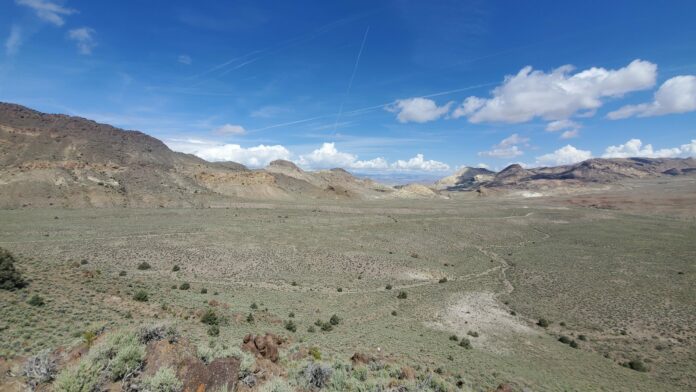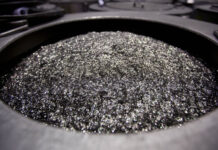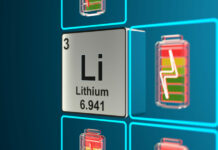
SIBANYE-Stillwater’s proposed Rhyolite Ridge lithium project in the US will fly even if it fails to qualify for benefits in terms of the country’s recently redrafted Inflation Reduction Act (IRA).
The IRA was written to encourage production of critical minerals in the US and reduce reliance on third party supply. But its critics say the economic cost of the tax benefits and subsidies will widen the budget deficit. Democrats underestimated the cost of the tax credits by as much as 300%, analysts at Goldman Sachs and Credit Suisse estimated in an article by Reuters last year. There is also growing political opposition to the Act, the newswire said.
The US department of energy conditionally granted the Rhyolite Ridge project, which will also mine boron, a $700m a low interest loan. Other benefits in the Act amount to hundreds of milllions in dollars over the life of the project, said Sibanye-Stillwater’s CEO Neal Froneman.
However, the latest draft of the IRA excludes ‘rock-breakers’, reserving it for companies that refine metals instead. “We think it’s been misinterpreted by Treasury,” said Froneman in an interview last week. “The IRA is there to stimulate securing critical metals within the US and securing supply chains.”
Excluding most of the mineral supply chain was “not in the spirit in what the US is trying to achieve,” he said. Sibanye-Stillwater was “making representation”.
“Whether that is a Stillwater operation that is an underground hard rock operation or an open pit mine in Nevada producing lithium, you have to incorporate the basic costs of breaking rock and delivering it into a refinery,” he said. “Otherwise refineries are not going to be built and you are then dependant on third party material from the rest of world.”
“It doesn’t make logical sense. We think that it [the redraft] will be corrected. It is just a drafting issue,” he added.
“Rhyolite Ridge flies without IRA,” said Froneman. “I think those [IRA] benefits advance the economics, especially in a difficult market. But you need to do the economics to fund these projects otherwise investors won’t stump up the funds,” he said.
Sibanye-Stillwater is required to put $490m for a 50% stake of Rhyolite Ridge once its permits have been granted. Project founder, Ioneer will hold the balance of the project.
Concerns about how funding Rhyolite Ridge come as the spotlight falls on Sibanye-Stillwater’s balance sheet. The group ended the 2023 financial year with net debt of R11.9bn, equal to a net debt to adjusted Ebitda ratio of 0.58x.
Some R6.6bn in expenses has been cut for 2024 and more cost reductions are planned, but the group will almost certainly have to raise more finance this year, especially if platinum group metal prices continue to languish.
Some $500m in project funding also falls due for Keliber, a lithium project in Finland, while Sibanye-Stillwater is struggling to keep its US PGM mine Stillwater afloat.
Froneman said previously that Stillwater was strategic to his company, but the palladium dominant mine has to strip out more costs, projected to run at $1,350/oz this year without intervention against a current palladium price of just over $1,027/oz.











